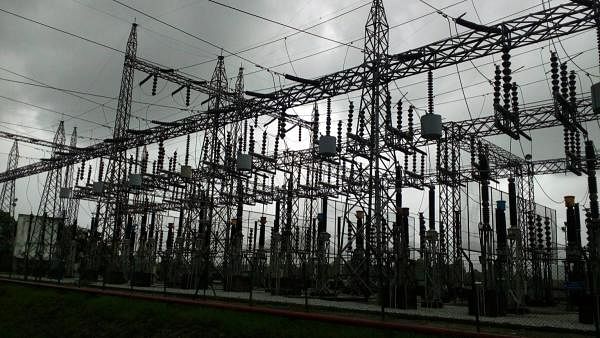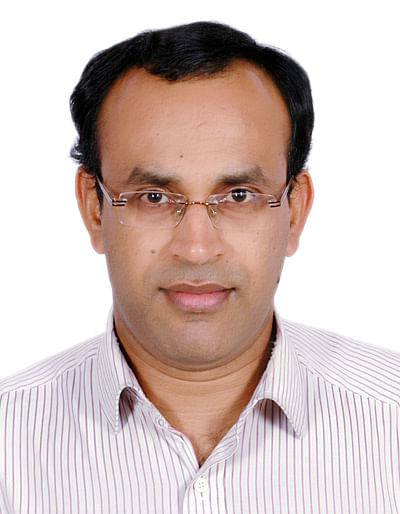
Prime Minister Narendra Modi's call to switch off lights for nine minutes on Sunday 9 PM has raised fears about power grid failure due to sudden drop and surge in demand even as the government assured that every precaution needed has been taken.
While government officials and a section of experts said the 9 PM exercise is known in advance and the grid operators could plan accordingly, states have scrambled to ensure that the power supply is uninterrupted and there is no disruption.
States like Uttar Pradesh and Tamil Nadu have issued elaborate instructions on what should be done during this period to operate the power grid in "safe, secured and smooth manner" and to avoid "sharp crashing of load".
However, Modi’s announcement to unleash the "super power of 130 crore Indians" to challenge the darkness caused by Covid-19 by switching off lights and lighting ‘diyas’ have come under criticism from Opposition leaders, as they expressed fear about possible huge disruption, including in hospitals, due to sudden switching off lights.
The Ministry of Power sought to allay fears saying, “the appeal of the Prime Minister is voluntarily switch off only the light...There is no call to switch off either street lights or appliances like TV, refrigerators and air-conditioners in homes. Adequate arrangements and protocols are in place to handle the variation in demand.”
Senior Congress MP Jairam Ramesh, who was earlier Minister of State for Power, tweeted, "as somebody who has been associated with the power sector for almost three decades including as minister, the call to go dark for 9 min at 9pm on the 5th can have deep impact on the grid and its stability. I sincerely hope this is being properly managed."
Urging Modi to ensure that power grid functioning is “not adversely” affected, CPI(M) General Secretary Sitaram Yechury warned, “this can play havoc with the provision of health services vital to combat this pandemic.”
The CPI(M) Polit Bureau wanted the Prime Minister to immediately withdraw this call of a "self-imposed blackout of the nation" and said, "if the grid trips, the country will have to face the consequences of no electricity, and no ability to fight the epidemic till power is restored. This is a risk that the county, reeling under the current lockdown and the COVID-19 epidemic, cannot, and must not, take."
Maharashtra Power Minister Nitin Raut said emergency services will be hugely affected in case grid failure, which is possible if all lights are switched off at a single stroke. “I would appeal to public to light candles and lamps without switching off lights,” he said.
Raising concerns about the issue among others, CITU General Secretary Tapan Sen wrote to Modi on Saturday that the Power Grid Corporation of India Ltd has already sent communique to its regional heads cautioning about the possibility of grid-constraints and instability.
While acknowledging that different views are being expressed by experts on the technical aspects of the call for countrywide switching off lights, Sen said federations of electricity workers and engineers also conveyed similar concerns. "We request you to ascertain yourself the impact of switching off lights in all households in the country for nine minutes and whether that risk is worth-taking, in the interests of all concerned," Sen wrote.
UP State Load Despatch Centre said in a letter that the state may witness a 3,000 MW "sharp load reduction" in a "very little duration of time" due to switching off lighting load and warned that the reduction may also cause high voltage because of similar phenomenon occurring in the whole country. It also said load shedding in staggered manner should be done for about one hour between 8 PM and 9 PM on Sunday.
To meet the challenge, Union Power Minister R K Singh had held a meeting with top officials of Power Grid and Power System Operation Corporation (POSOCO) under which Northern Load Dispatching Centre (NLDC) operates. The Power Grid, POSOCO and NLDC officials are in touch with states for taking steps to grid stability while the states energy departments are scrambling to secure their system in the event of variations in load.
Already, the demand for power has come down after the lockdown was announced as tens of thousands of establishments are closed. Data provided by Ministry of Power showed that the demand has decreased by 25% to 125.81 GW on April 2 as compared to 168.32 GW on April 2, 2019 amid the lockdown to contain Covid-19 outbreak.

